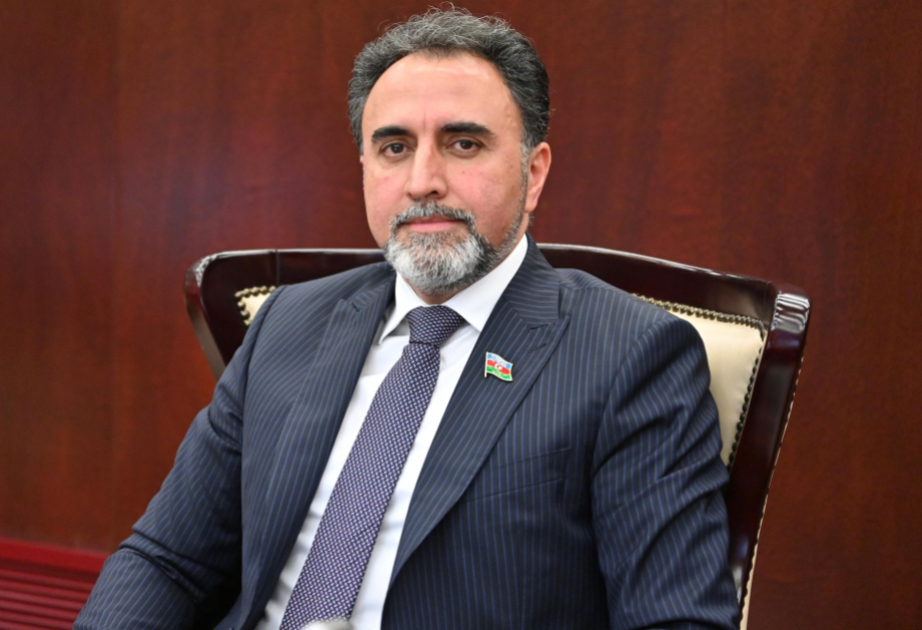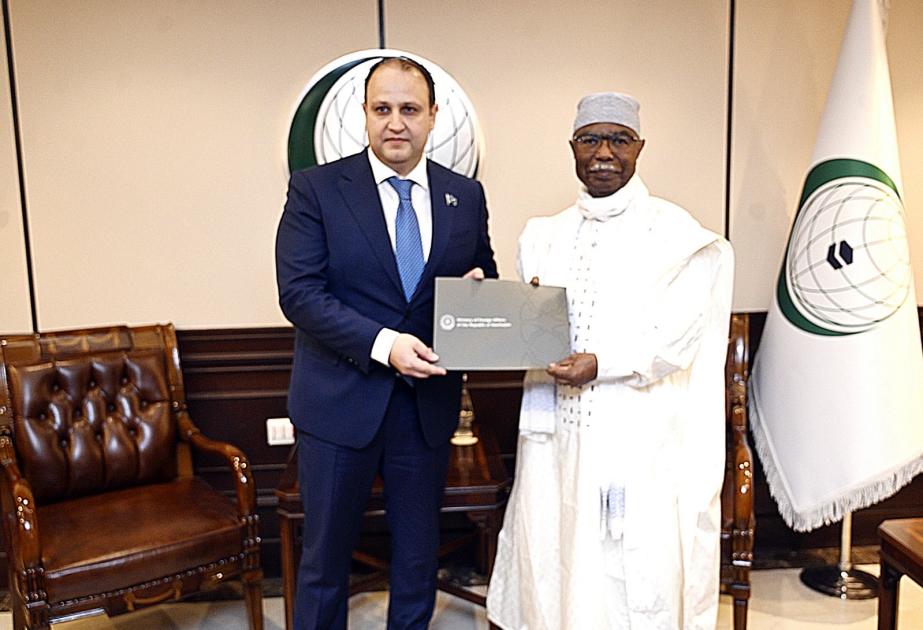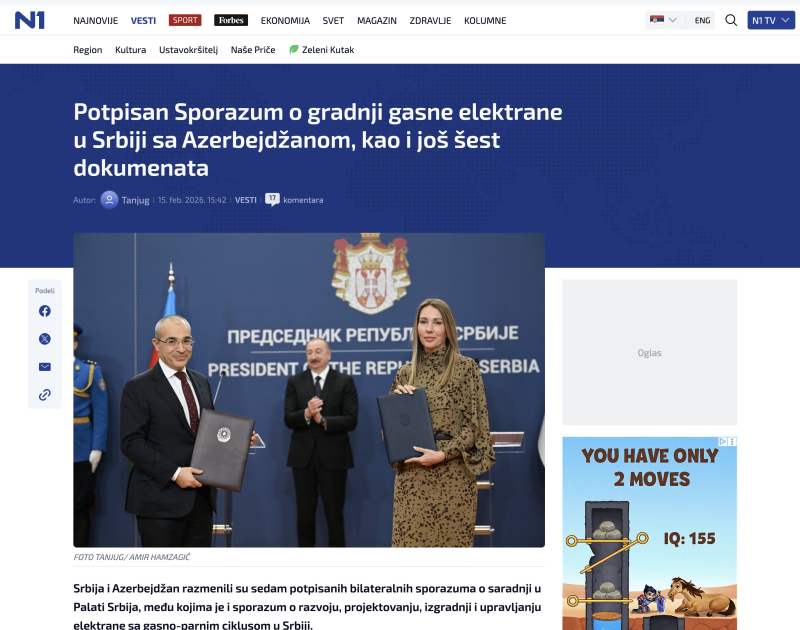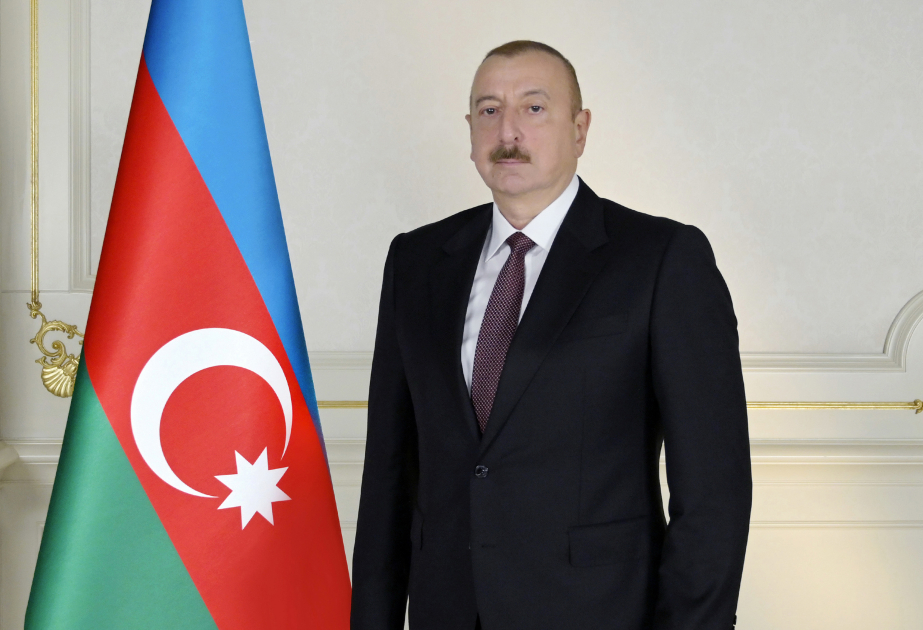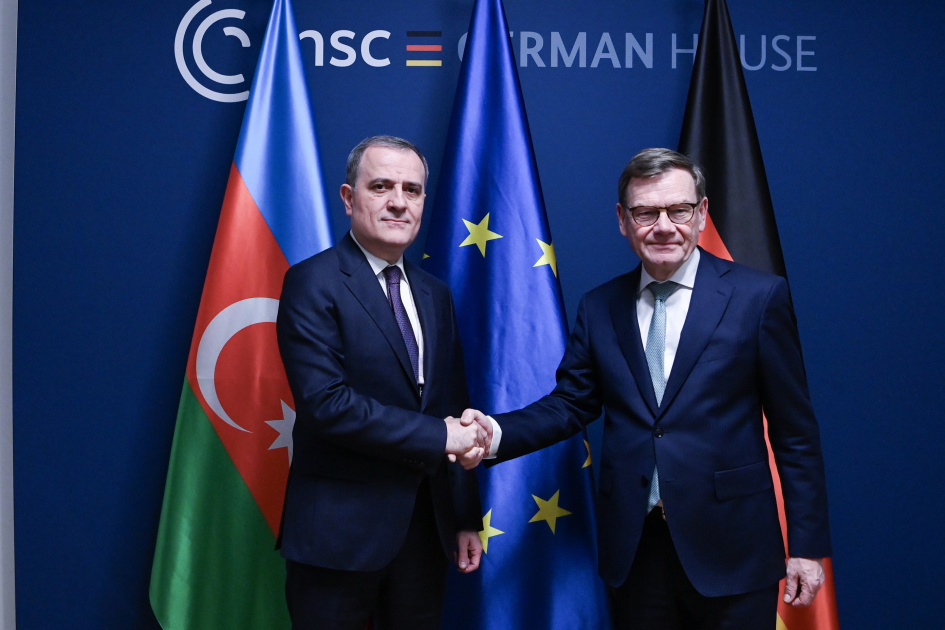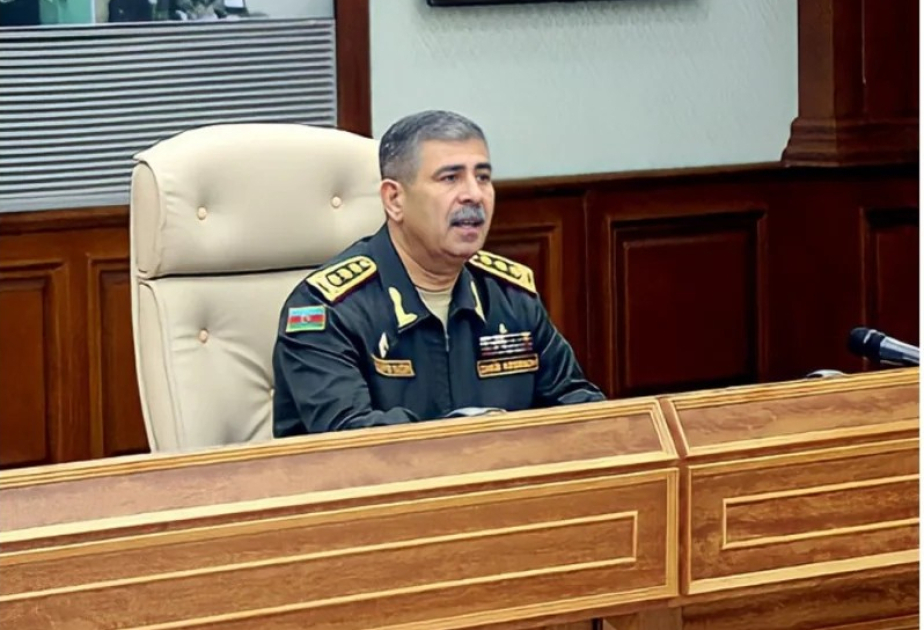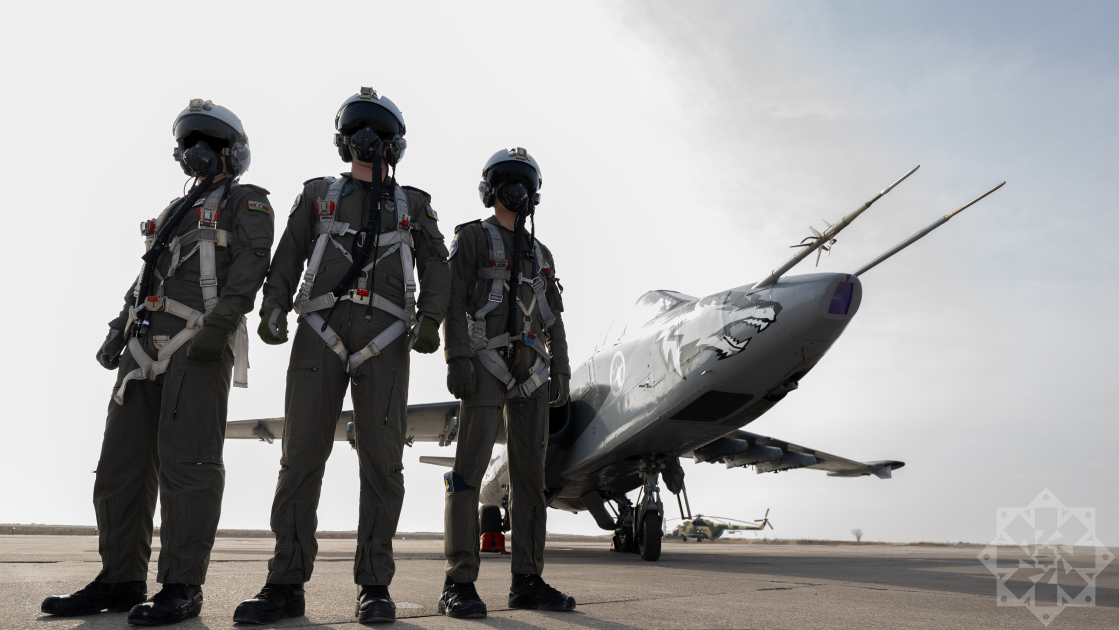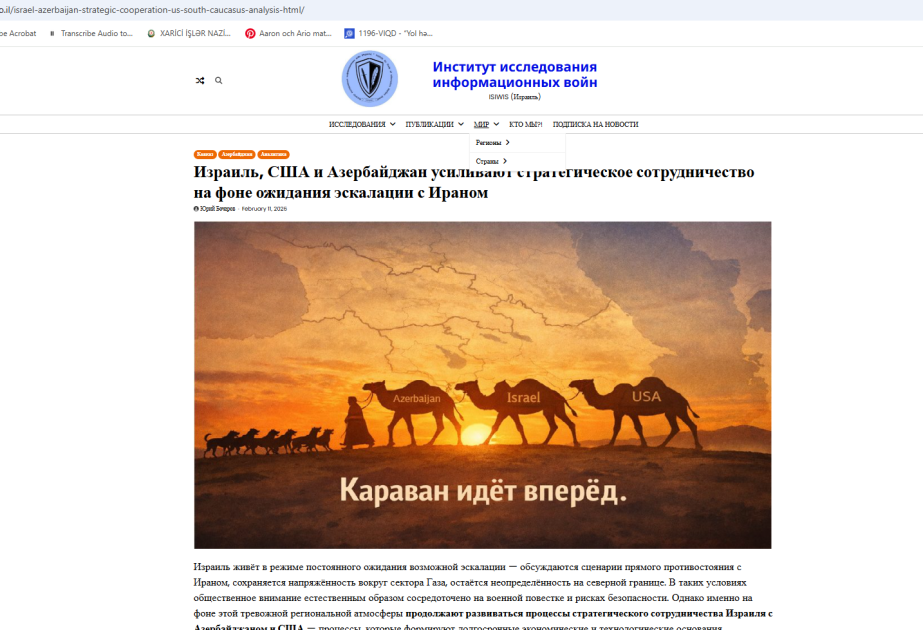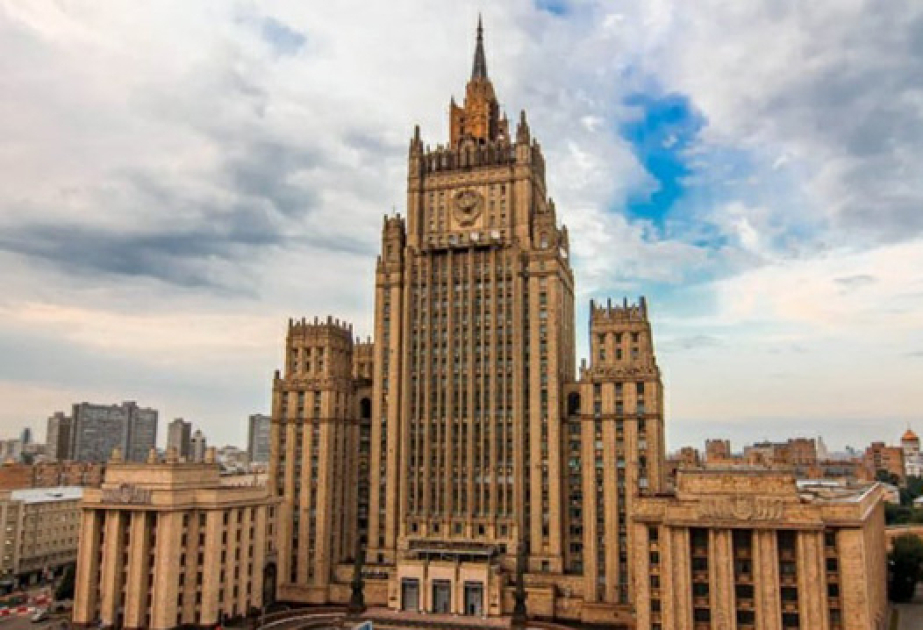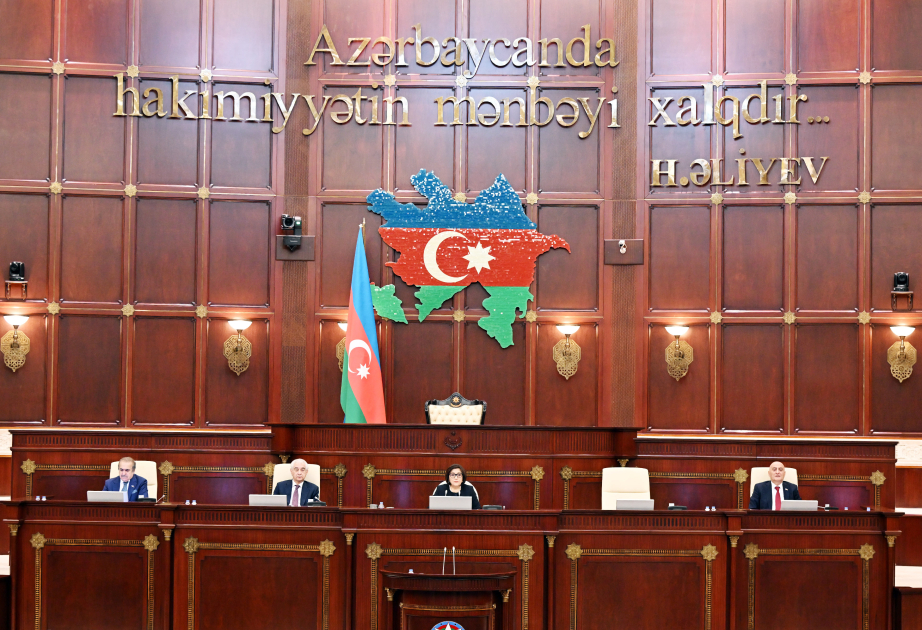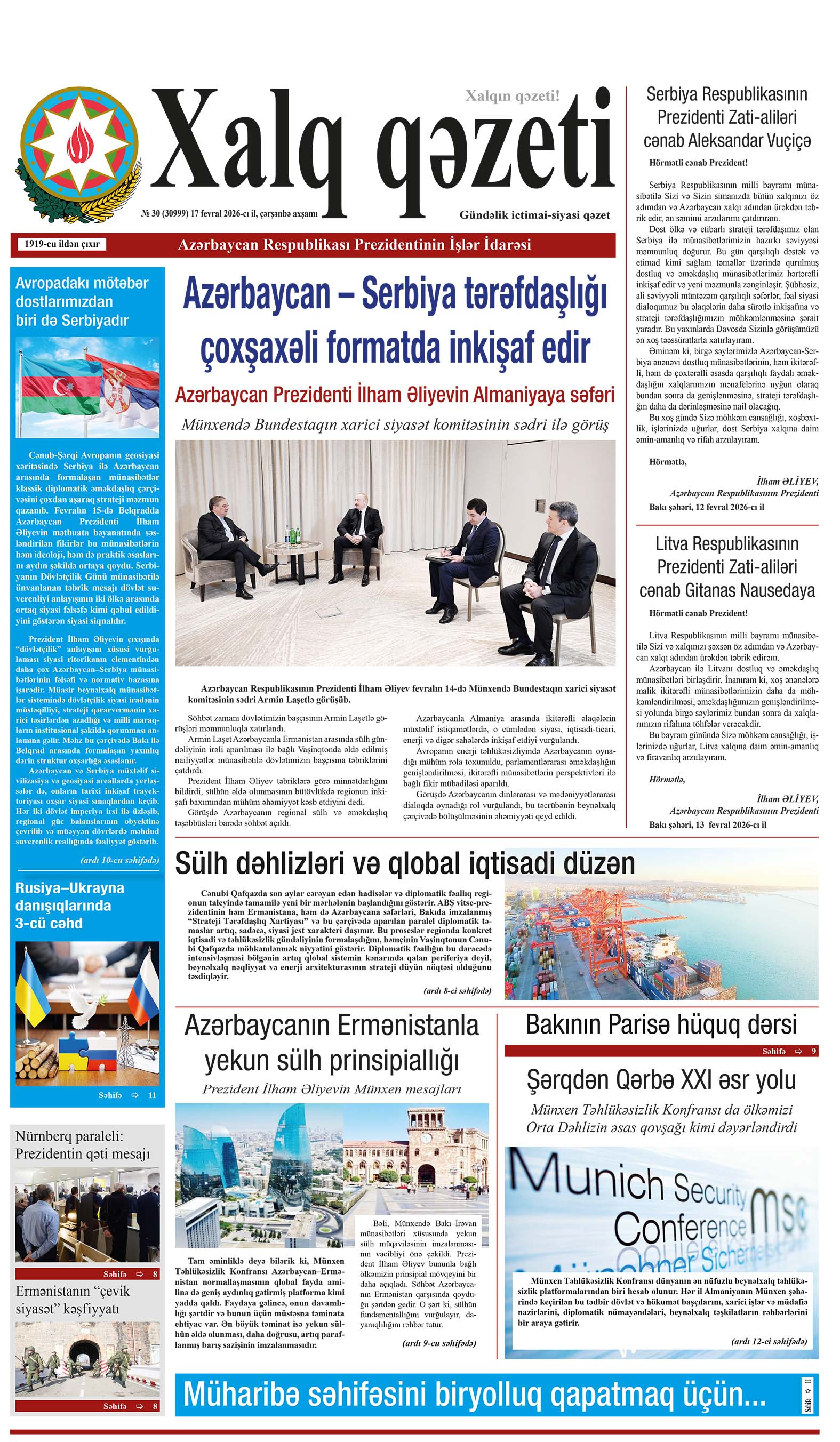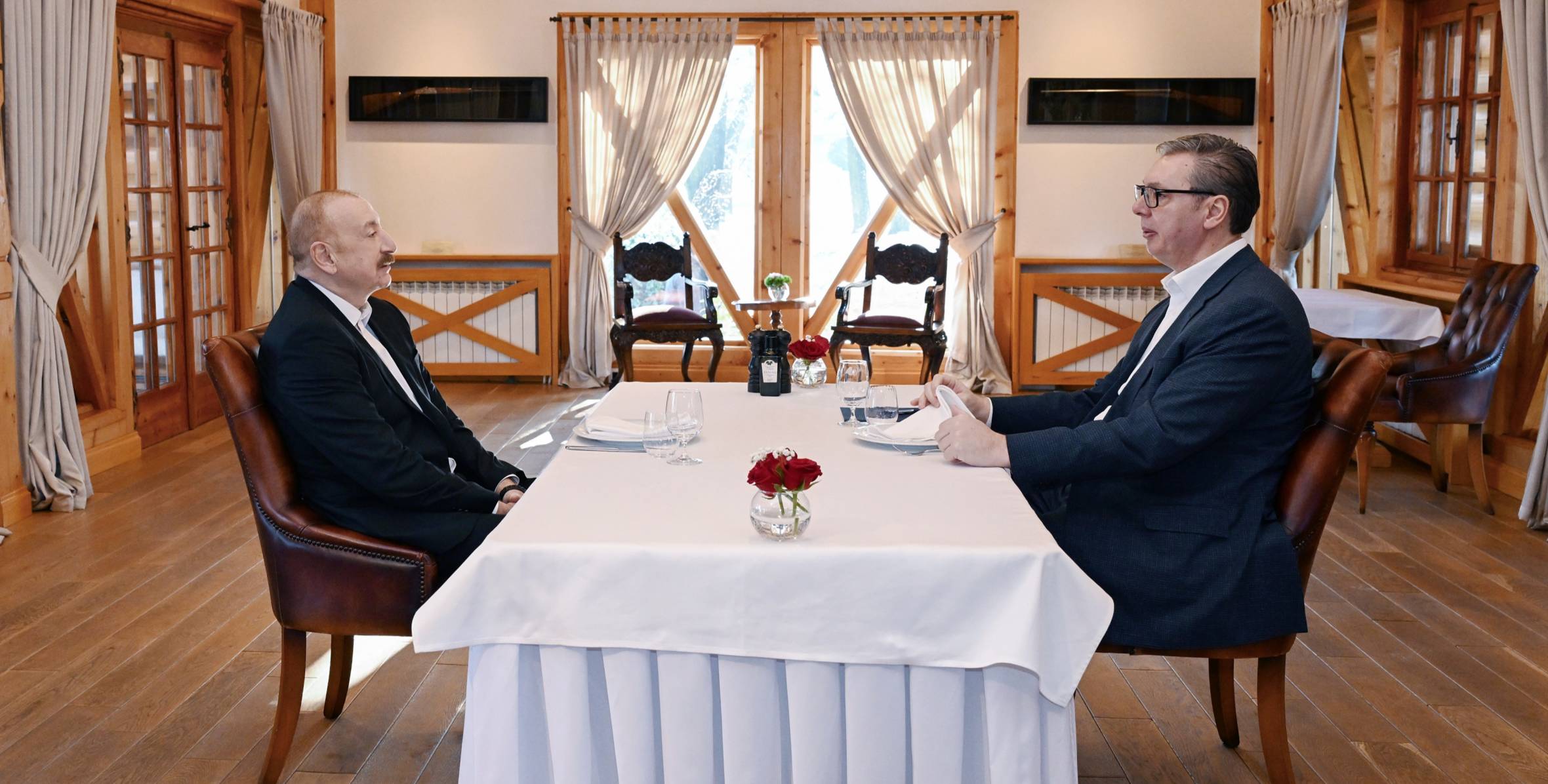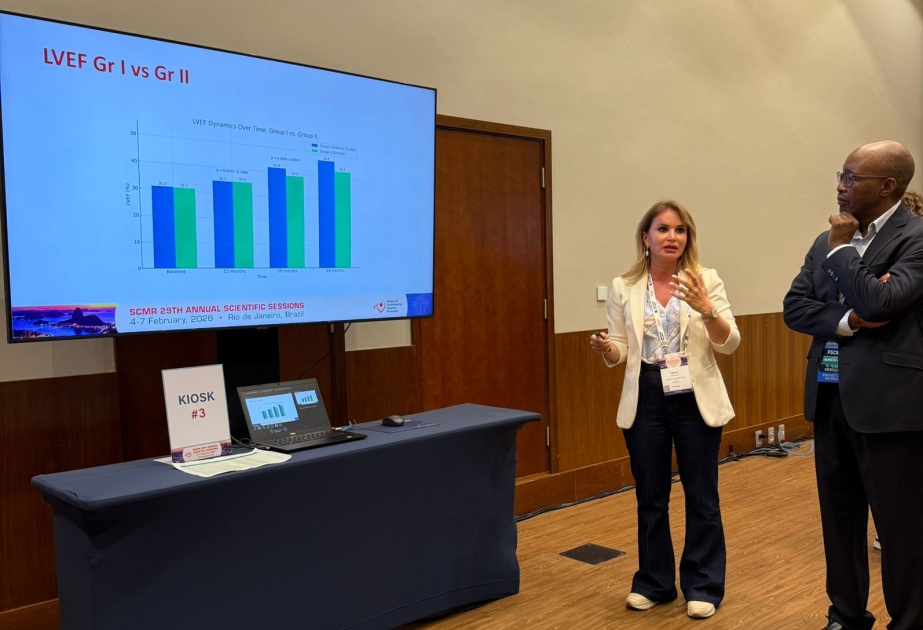On June 27, Russian law enforcement in Yekaterinburg conducted a brutal operation against Azerbaijanis, reflecting a broader pattern of chauvinism, discrimination, and ethnic prejudice in Russia. These actions, marked by gross human rights violations, indicate a deliberate campaign.
Members of an Azerbaijani family whose home was raided in Yekaterinburg reported to the media that law enforcement treated them with extreme cruelty, inflicting severe injuries, forcing confessions to uncommitted crimes, and threatening them with deployment to Ukraine’s war zone or other forms of coercion.
Azerbaijani MP Zaur Shukurov shared these concerns with AZERTAC, noting that media and social media reports reveal a clear trend in Russia: migrants face pressure, blackmail, and coercion to be sent to the Ukraine conflict zone. Threats include fabricated drug or criminal charges and intimidation targeting their families, leaving migrants with no choice but to comply with Russian authorities’ demands.
This issue extends beyond Yekaterinburg, affecting all Russian regions. Some officials and media outlets justify these actions, portraying them as nationally significant. Statements by Alexander Bastrykin, Chairman of Russia’s Investigative Committee, on recruiting migrants for the war further confirm this reality.
Shukurov highlighted Azerbaijan’s unresolved grievance over the downing of an AZAL civilian aircraft in Russian airspace. Russia’s inaction, failure to prosecute suspects, and lack of a formal apology are unacceptable. Azerbaijan will pursue international legal action to ensure justice, accountability, and compensation.
In addition, the refusal to allow an Azerbaijani deputy to enter Russia for an event in Astrakhan in May underscores Russia’s hostile stance. Public hearings by Azerbaijan’s Parliamentary Commission on Countering Foreign Interference revealed cyberattacks on Azerbaijan’s information resources from Russian territory. Anti-Azerbaijani rhetoric from Kremlin-affiliated figures like Solovyov further suggests orchestrated hostility. These actions indicate Russia’s lack of interest in fostering normal bilateral relations, with tensions stemming from its own policies.
Shukurov noted that nationalist and racist sentiments, rampant in Russia since the 1990s, now target Muslims, signaling rising Islamophobia, with reported involvement of Russian Orthodox Church representatives.
In neighboring Armenia, growing radicalism and revanchist rhetoric from figures like Kocharyan and Sargsyan, backed by Russia, heighten the risk of renewed conflict in the South Caucasus. Russia’s military support for Armenia during the occupation of Azerbaijani lands and the 44-day Patriotic War was evident. Russian Foreign Minister Sergey Lavrov’s recent admission in Yerevan that Armenia used Russian weapons to occupy Azerbaijani territories for years confirms this, Shukurov concluded.


